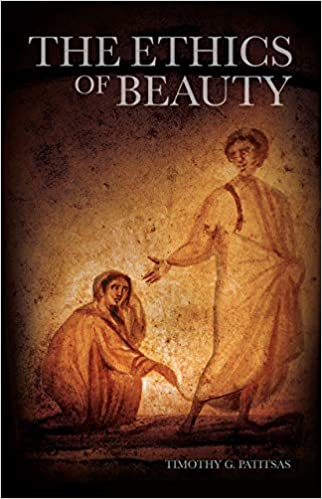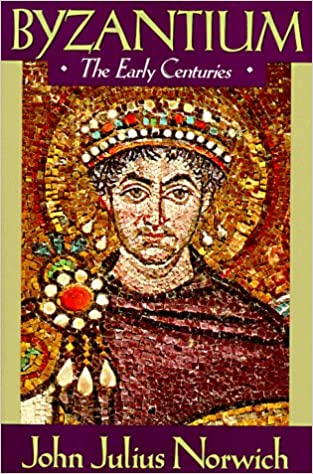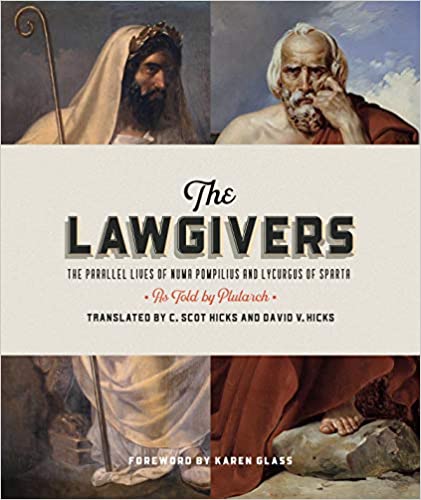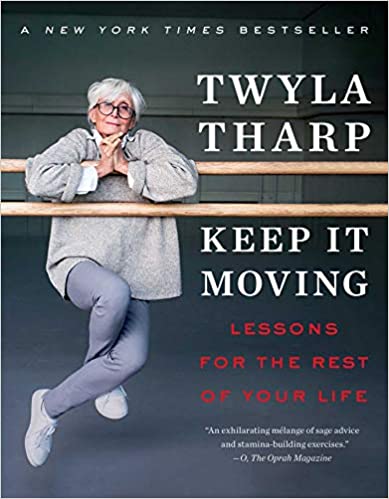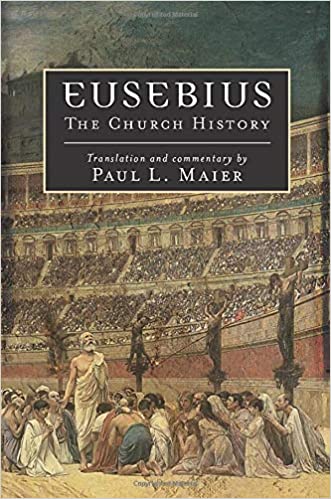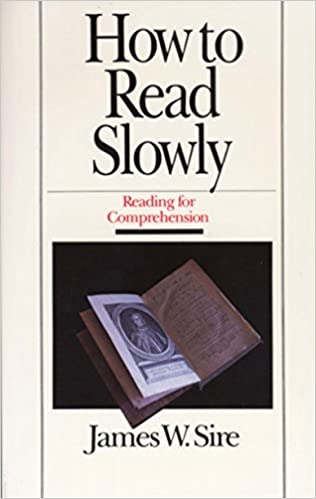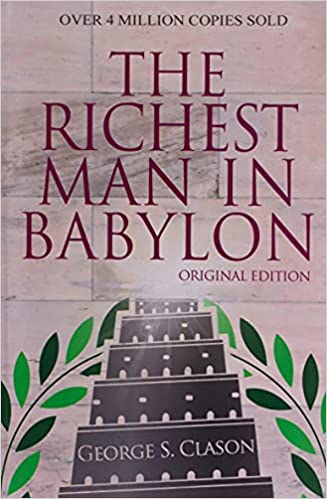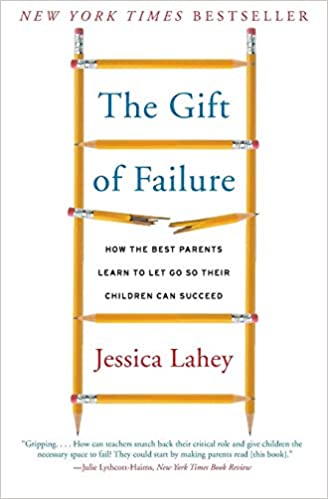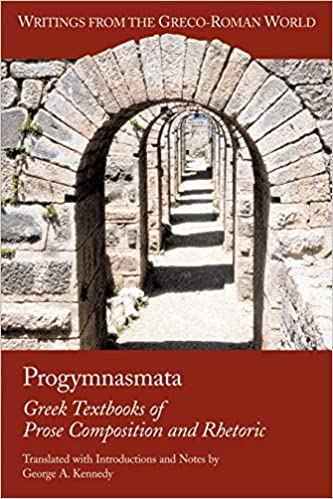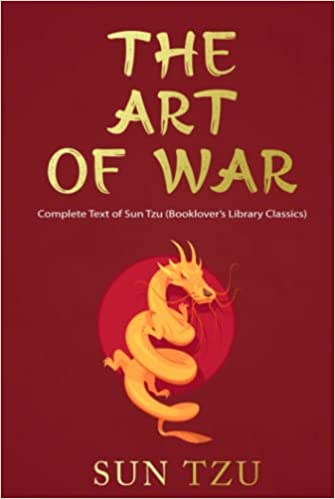The Ethics of Beauty
Chaste and ardent eros for the Beautiful is the first task of human life, and falling in love with Beauty is the beginning of every adventure that matters …. In The Ethics of Beauty, Orthodox Christian theologian Timothy Patitsas first considers Beauty’s opposite, the dark events that traumatize victims of war and other ugly circumstances, and then invites us to rediscover the older Beauty-first response to moral questions and the integrity of the soul. Covering topics ranging from creation to political theory to the Jesus Prayer, including war, psychology, trauma, chastity, healthy shame, gender, marriage, hospitality, art, architecture, theology, economics, urban planning, and complexity theory, The Ethics of Beauty lays out a worldview in which Beauty, Goodness, and Truth are each embraced as indispensable elements of the best possible human life.
More info →Byzantium (I): The Early Centuries
Volume 1 of the series. Includes 32 pages of illustrations, and 11 maps and tables.
More info →The Lawgivers: The Parallel lives of Numa Pompilius and Lycurgus of Sparta
Long considered an essential title in classical literature, Plutarch s Lives have, unfortunately, fallen out of favor among many contemporary readers and educators. Most translations have rendered Plutarch s original language, which is so energetic in the Greek, quite dryly in English, thus relegating these classic tales to the dusty bookshelves of specialists. However, this new translation by C. Scot Hicks and David V. Hicks (The Emperor s Handbook) brings Plutarch s original tales to life, making them accessible for today s readers and students thanks to their highly readable rendition of Plutarch s prose. Featuring thorough commentary on the historical context of these two great men, maps, illustrations, and more, The Lawgivers will introduce a new generation of readers to this truly essential and enjoyable writer.
More info →David Copperfield
David Copperfield by Charles Dickens. Introduction and Notes by Dr Adrienne Gavin, Canterbury Christ Church University College Illustrations by Hablot K. Browne (Phiz) Dickens wrote of David Copperfield: 'Of all my books I like this the best'. Millions of readers in almost every language on earth have subsequently come to share the author's own enthusiasm for this greatly loved classic, possibly because of its autobiographical form. Following the life of David through many sufferings and great adversity, the reader will also find many light-hearted moments in the company of a host of English fiction's greatest stars including Mr Micawber, Traddles, Uriah Heep, Creakle, Betsy Trotwood, and the Peggoty family.
More info →Keep It Moving: Lessons for the Rest of Your Life
A NEW YORK TIMES BESTSELLER
One of the world’s legendary artists and bestselling author of The Creative Habit shares her secrets—from insight to action—for harnessing vitality, finding purpose as you age, and expanding one’s possibilities over the course of a lifetime in her newest New York Times bestseller Keep It Moving.
At seventy-eight, Twyla Tharp is revered not only for the dances she makes—but for her astounding regime of exercise and nonstop engagement. She is famed for religiously hitting the gym each morning at daybreak, and utilizing that energy to propel her breakneck schedule as a teacher, writer, creator, and lecturer. This book grew out of the question she was asked most frequently: “How do you keep working?”
Keep It Moving is a series of no-nonsense mediations on how to live with purpose as time passes. From the details of how she stays motivated to the stages of her evolving fitness routine, Tharp models how fulfillment depends not on fortune—but on attitude, possible for anyone willing to try and keep trying. Culling anecdotes from Twyla’s life and the lives of other luminaries, each chapter is accompanied by a small exercise that will help anyone develop a more hopeful and energetic approach to the everyday.
Twyla will tell you what the beauty-fitness-wellness industry won’t: chasing youth is a losing proposition. Instead, Keep It Moving focuses you on what’s here and where you’re going—the book for anyone who wishes to maintain their prime for life.
More info →Fossil Future: Why Global Human Flourishing Requires More Oil, Coal, and Natural Gas–Not Less
The New York Times bestselling author of The Moral Case for Fossil Fuels draws on the latest data and new insights to challenge everything you thought you knew about the future of energy
For over a decade, philosopher and energy expert Alex Epstein has predicted that any negative impacts of fossil fuel use on our climate will be outweighed by the unique benefits of fossil fuels to human flourishing--including their unrivaled ability to provide low-cost, reliable energy to billions of people around the world, especially the world’s poorest people.
And contrary to what we hear from media “experts” about today’s “renewable revolution” and “climate emergency,” reality has proven Epstein right:
- Fact: Fossil fuels are still the dominant source of energy around the world, and growing fast—while much-hyped renewables are causing skyrocketing electricity prices and increased blackouts.
- Fact: Fossil-fueled development has brought global poverty to an all-time low.
- Fact: While fossil fuels have contributed to the 1 degree of warming in the last 170 years, climate-related deaths are at all-time lows thanks to fossil-fueled development.
What does the future hold? In Fossil Future, Epstein, applying his distinctive “human flourishing framework” to the latest evidence, comes to the shocking conclusion that the benefits of fossil fuels will continue to far outweigh their side effects—including climate impacts—for generations to come. The path to global human flourishing, Epstein argues, is a combination of using more fossil fuels, getting better at “climate mastery,” and establishing “energy freedom” policies that allow nuclear and other truly promising alternatives to reach their full long-term potential.
Today’s pervasive claims of imminent climate catastrophe and imminent renewable energy dominance, Epstein shows, are based on what he calls the “anti-impact framework”—a set of faulty methods, false assumptions, and anti-human values that have caused the media’s designated experts to make wildly wrong predictions about fossil fuels, climate, and renewables for the last fifty years. Deeply researched and wide-ranging, this book will cause you to rethink everything you thought you knew about the future of our energy use, our environment, and our climate.
More info →Eusebius: The Church History
This new, highly affordable paperback edition includes Maier's best-selling translation, historical commentary on each book of The Church History, and ten maps and illustrations. Often called the "Father of Church History," Eusebius recorded crucial information about the lives of Jesus' disciples, the development of the New Testament, Roman politics, and the persecution of early Christians.
More info →How to Read Slowly: Reading for Comprehension
Do you truly read for comprehension?
How to Read Slowly: Reading for Comprehension will help reader see not only what writers say, but what lies behind their writing-their authorial standpoint. Divided by genre, students will learn to analyze the worldview of nonfiction, poetry, and fiction, as well as how to look at the larger context. Written for Christian readers. 191 pages, indexed, Paperback.
The Richest Man In Babylon
The Richest Man in Babylon, based on “Babylonian parables”, has been hailed as the greatest of all inspirational works on the subject of thrift, financial planning, and personal wealth. In simple language, these fascinating and informative stories set you on a sure path to prosperity and its accompanying joys. A celebrated bestseller, it offers an understanding and a solution to your personal financial problem. Revealed inside are the secrets to acquiring money, keeping money, and making money earn more money.
This original edition has the original language, content, and message from George S. Clason as intended in 1926. It's all here, uncensored.
More info →The Gift of Failure: How the Best Parents Learn to Let Go So Their Children Can Succeed
“Gripping…how can teachers snatch back their critical role and give children the necessary space to fail? They could start by making parents read Lahey.” — New York Times Book Review
In the tradition of Paul Tough’s How Children Succeed and Wendy Mogel’s The Blessing of a Skinned Knee, this groundbreaking manifesto focuses on the critical school years when parents must learn to allow their children to experience the disappointment and frustration that occur from life’s inevitable problems so that they can grow up to be successful, resilient, and self-reliant adults.
Modern parenting is defined by an unprecedented level of overprotectiveness: parents who rush to school at the whim of a phone call to deliver forgotten assignments, who challenge teachers on report card disappointments, mastermind children’s friendships, and interfere on the playing field. As teacher and writer Jessica Lahey explains, even though these parents see themselves as being highly responsive to their children’s well being, they aren’t giving them the chance to experience failure—or the opportunity to learn to solve their own problems.
Overparenting has the potential to ruin a child’s confidence and undermine their education, Lahey reminds us. Teachers don’t just teach reading, writing, and arithmetic. They teach responsibility, organization, manners, restraint, and foresight—important life skills children carry with them long after they leave the classroom.
Providing a path toward solutions, Lahey lays out a blueprint with targeted advice for handling homework, report cards, social dynamics, and sports. Most importantly, she sets forth a plan to help parents learn to step back and embrace their children’s failures. Hard-hitting yet warm and wise, The Gift of Failure is essential reading for parents, educators, and psychologists nationwide who want to help children succeed.
More info →Progymnasmata: Greek Textbooks of Prose Composition and Rhetoric
For students of classical, medieval, and early modern literature and of the history of education, Kennedy (classics emeritus, U. of North Carolina-Chapel Hill) presents and comments on four Greek treatises for teaching prose composition and elementary rhetoric. They were written during the time of the Roman Empire and studied throughout the Byzantine period; Latin translations of some were used across Europe during the Middle Ages; and one was translated into English in 1563.
More info →The Art of War
The definitive translation of Sun-tzu's timeless classic of military strategy, Art of War
Sun-tzu's Art of War is almost certainly the most famous study of strategy ever written. This treatise has been credited with influencing some of the most legendary military operations. Beyond the battlefield, people far and wide have long turned to Art of War for advice on how to succeed in various competitive situations, and companies around the world now make this book required reading for their executives.
In this translation, Chinese warfare scholar Ralph D. Sawyer places Art of War in its proper historical context, outlining several battles that Sun-tzu either conducted or that may have influenced him, and offers an edition that is uniquely accurate and accessible.
More info →
